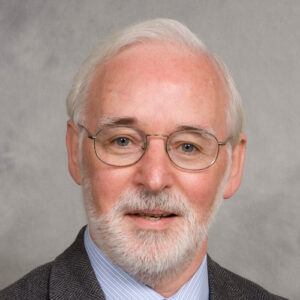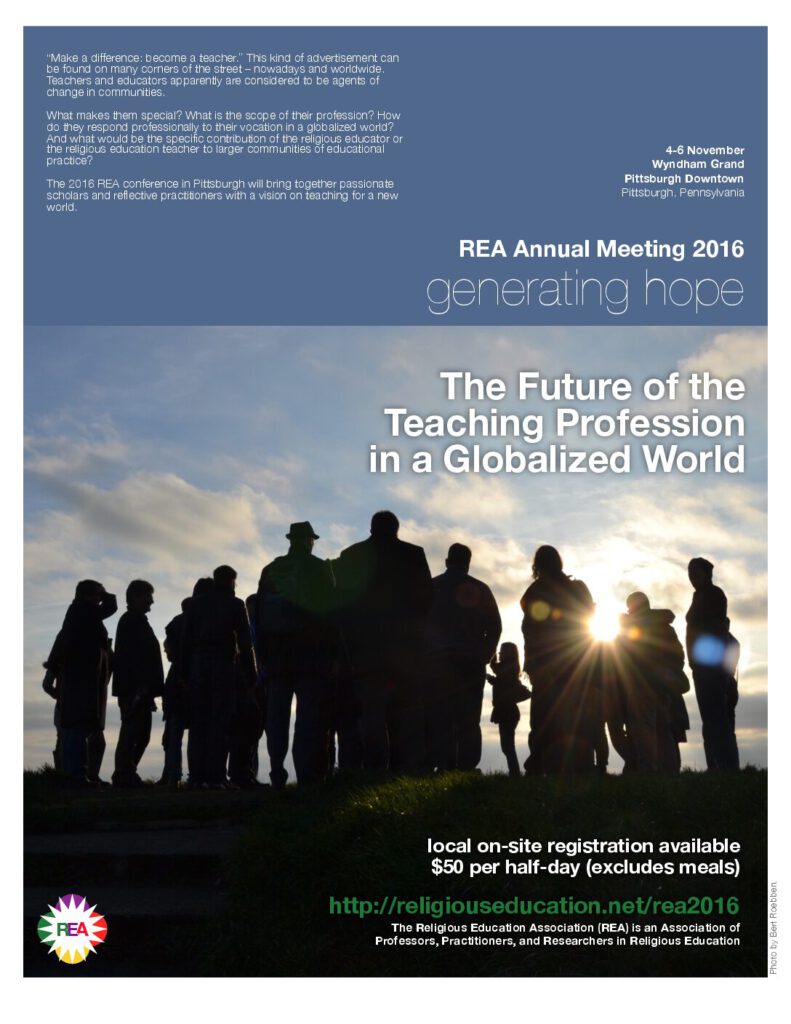
Speaking of the influence religious actors and institutions are currently playing in every region of the world and on nearly every issue central to U.S. foreign policy, John Kerry, the U.S. Secretary of State recently declared: “I often say that if I headed back to college today, I would major in comparative religions rather than political science” (American Magazine 9/14/15, 14).
I can empathize with Kerry’s sentiments. However, comparative religions seem too anti-septic and distant for me. If I headed back to graduate school today, I would do the same thing again – major in Religious Education. It has never been a job for me. It has been work… a vocational endeavor to meet the needs of the church and the world.
My father never wanted me to go to graduate school. He could not imagine anything more valuable or worthwhile than the practice of ordained ministry in the Roman Catholic Church. Even though he was a school principal in Ireland, he had a lingering suspicion and fear that the university could corrode one’s religious beliefs and commitments. He was correct beyond anything he had ever imagined! In the final years of his life, he wondered out-loud whether I believed in anything. I, on the other hand, was in deeper than ever before – but in a new religious and educational frame.
I look back at my graduate studies at Teachers College, Columbia University and Union Theological Seminary as among the pivotal turning points in my life. Studying theology at Union should have come natural to me in light of my background. However, I felt like a salmon swimming upstream! Very little stuck…or endured. Later I would come to understand what was happening: my footing in theology was weakening and my passion for it dissipating. On the other hand, when I crossed the street to Teachers College to take courses in education, the light came on. I felt like a fish swimming in an endless sea. It tapped into my latent passion. In Lawrence Cremin’s magisterial works on the history of education, Maxine Greene’s existential and phenomenological approach to education, Dwayne Hubner’s (my mentor) laser-sharp critical analysis, Phil Phenix’s curriculum as Realms of Meaning and Douglas Sloan’s work on imagination and education, I found a new footing and a new intellectual home. The irony was, in this secular setting, I found it very religious! The language spoken was not sectarian (behind the wall) but a more public religious language (at the wall) (Brueggemann).
Around that time (1977), I read an article by Gabriel Moran titled, “Two Languages of Religious Education”. It described two different ways of speaking of religious education – ecclesiastical and educational. The penny dropped. This was my conceptual breakthrough. It was a call to be bi-lingual. The field of religious education, at that moment, became for me a way of thinking through ways of being religious in a context of education. I now had an intellectual center.
Over the years, on a number of occasions, I have been mistaken as a biological son of Gabriel Moran. Gabriel assures me this is not so!!!! However, I would graciously receive it as the greatest compliment, if I were to be seen as, or even accused of, being his intellectual heir.
